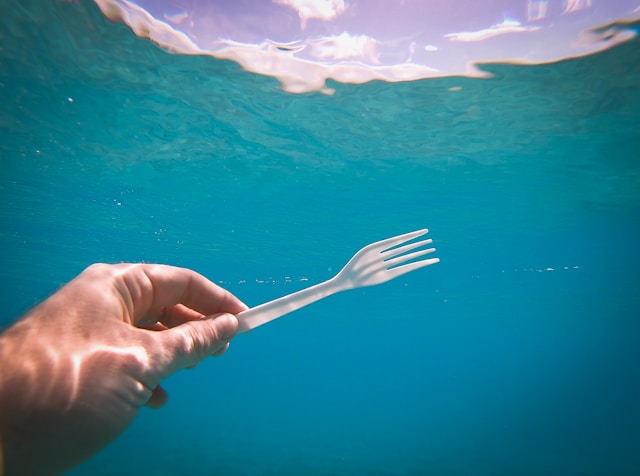In the global quest for sustainability, our choices in everyday items have profound implications for the health of our planet. One such choice lies in the utensils we use, particularly forks. While plastic forks have long dominated the disposable utensil market, a more environmentally friendly alternative has emerged: forks made from sugarcane waste. In this blog post, we will delve into why these sugarcane waste forks stand as a superior eco-friendly option compared to their plastic counterparts.
Renewable Resource
Sugarcane waste, also known as bagasse, refers to the fibrous residue left behind after extracting juice from sugarcane. Unlike plastic, which is derived from non-renewable fossil fuels, bagasse is a byproduct of sugar production, making it a sustainable and renewable resource. By utilizing bagasse for fork production, we reduce dependence on finite fossil fuel reserves, mitigating the environmental impact associated with their extraction and processing.
Biodegradability
One of the most compelling advantages of sugarcane waste forks is their biodegradability. Unlike plastic forks, which can persist in the environment for hundreds of years, bagasse forks undergo natural decomposition when discarded. As organic materials, bagasse forks break down into natural components through microbial action, returning to the earth without leaving behind harmful residues or microplastics. This biodegradation process significantly reduces the burden on landfills and minimizes pollution of oceans and ecosystems.
Reduced Carbon Footprint
The production of plastic forks involves energy-intensive processes, including extraction, refining, and polymerization of petroleum-derived materials. In contrast, the manufacturing of bagasse forks requires less energy and generates fewer greenhouse gas emissions. By utilizing sugarcane waste, we not only divert organic waste from landfills but also contribute to carbon sequestration through the cultivation of sugarcane plants, which absorb CO2 from the atmosphere during their growth.
Resource Efficiency
Bagasse forks exemplify resource efficiency by utilizing a waste product that would otherwise be discarded or incinerated. By valorizing sugarcane waste, we optimize resource utilization and minimize environmental pollution associated with traditional waste disposal methods. Furthermore, the production of bagasse forks typically consumes less water and generates less pollution compared to the production of plastic forks, further enhancing their eco-friendly credentials.
Consumer Awareness and Preference
With growing awareness of environmental issues and plastic pollution, consumers are increasingly opting for sustainable alternatives. The adoption of bagasse forks aligns with consumer preferences for eco-friendly products, driving demand for greener options in the market. As more individuals and businesses transition to sustainable utensils like bagasse forks, we collectively contribute to a greener, more sustainable future.
In conclusion, the choice between sugarcane waste forks and plastic forks extends beyond mere functionality—it embodies a commitment to environmental stewardship and sustainable practices. By opting for bagasse forks, we support renewable resources, promote biodegradability, reduce carbon emissions, optimize resource efficiency, and align with consumer preferences for eco-friendly products. Let us embrace the shift towards sustainability one fork at a time, recognizing the profound impact of our choices on the health of our planet.






